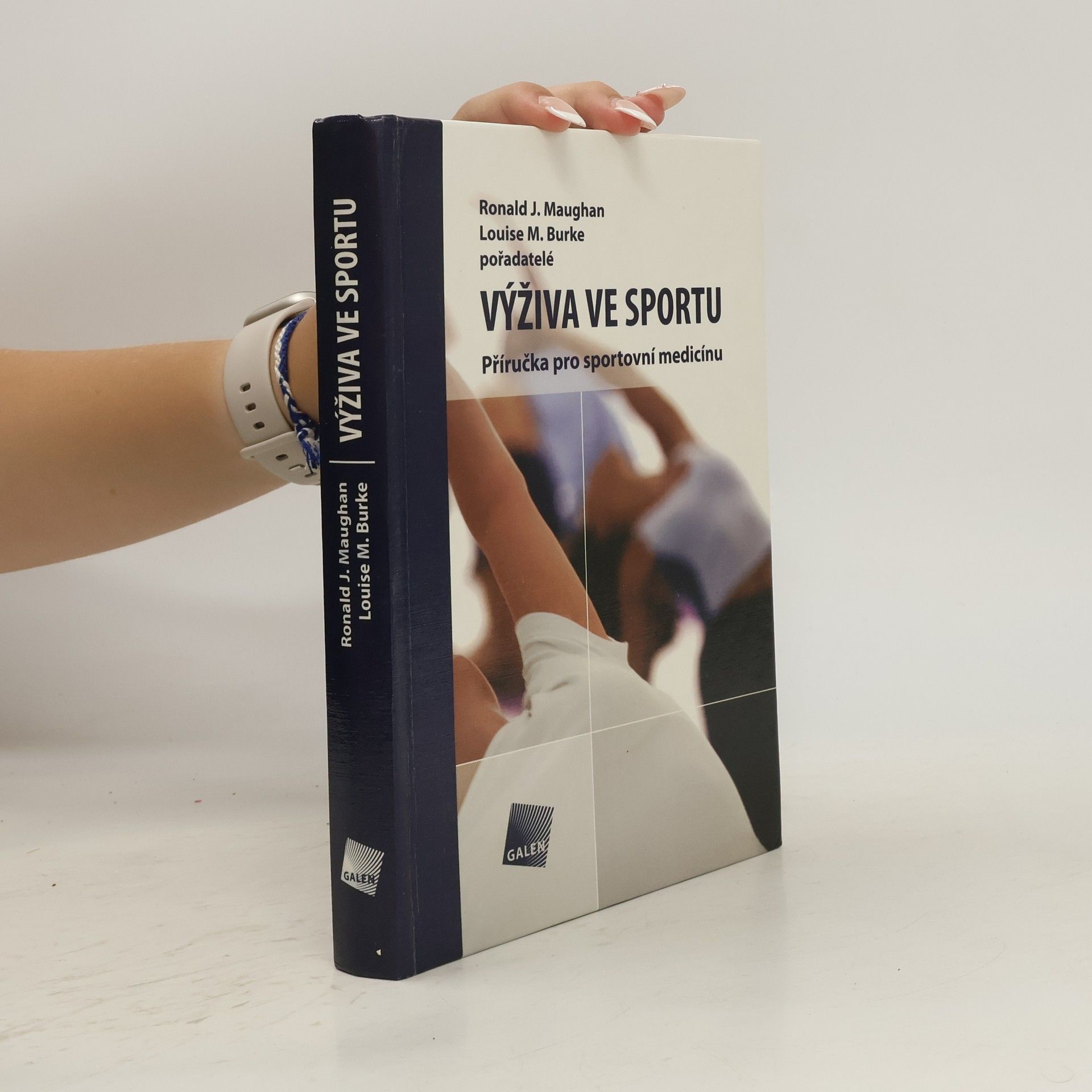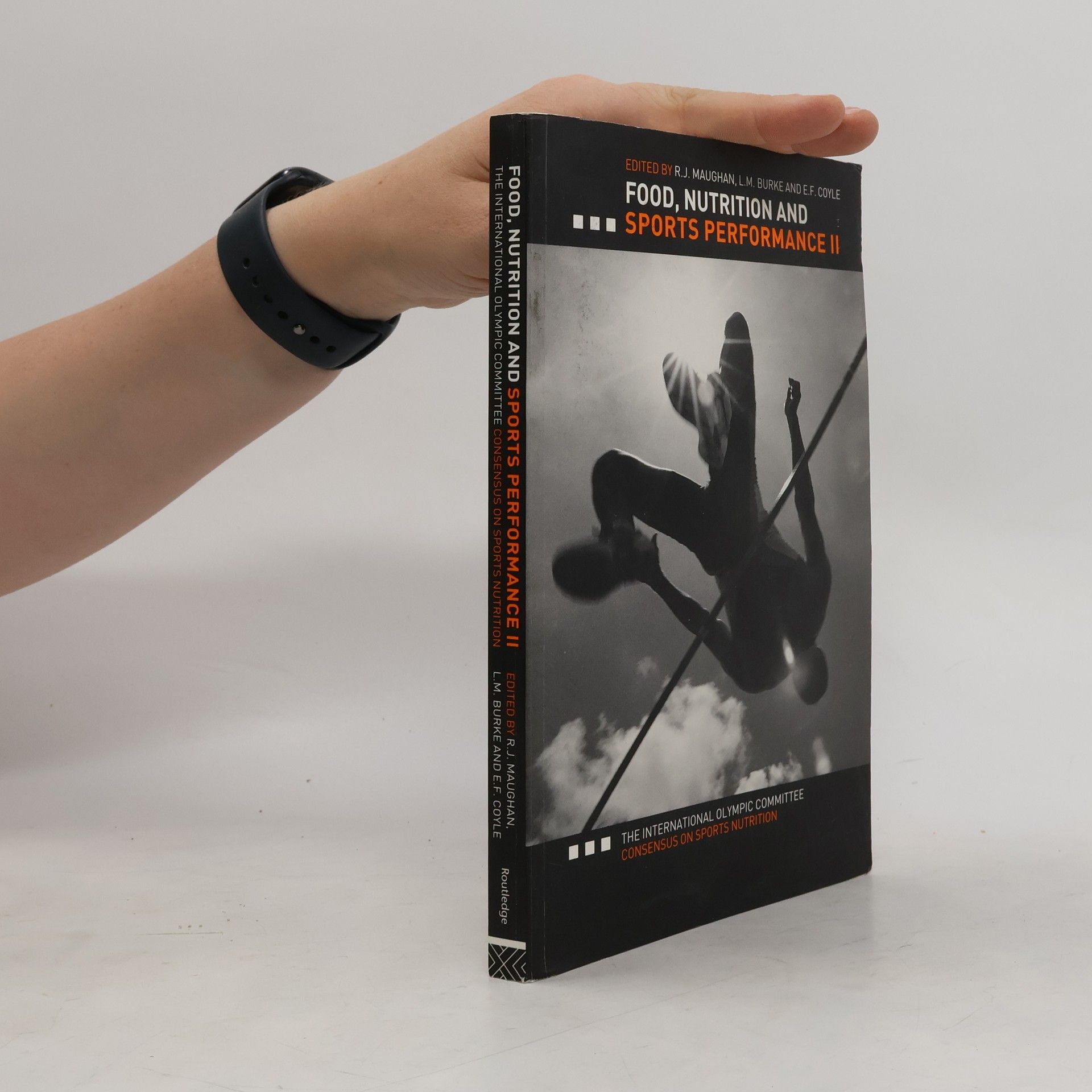Food, Nutrition and Sports Performance II
The International Olympic Committee Consensus on Sports Nutrition
- 239 pages
- 9 hours of reading
This book summarizes the latest meeting of the world's leading researchers in sports nutrition, held at the IOC headquarters in Lausanne, Switzerland. The aim of the conference was to review the latest developments in the world of sport nutrition, to follow up on developments since the previous 1991 conference, and to draw up guidelines to help athletes and coaches optimise their performance by using nutrition to support training and maximise performance in competition. Subjects discussed in this cutting-edge collection * energy balance and body composition* the role of carbohydrates* the role of proteins and amino acids* athlete fluid and electrolyte requirements* the use of dietary supplements for optimum performance and immune function.

